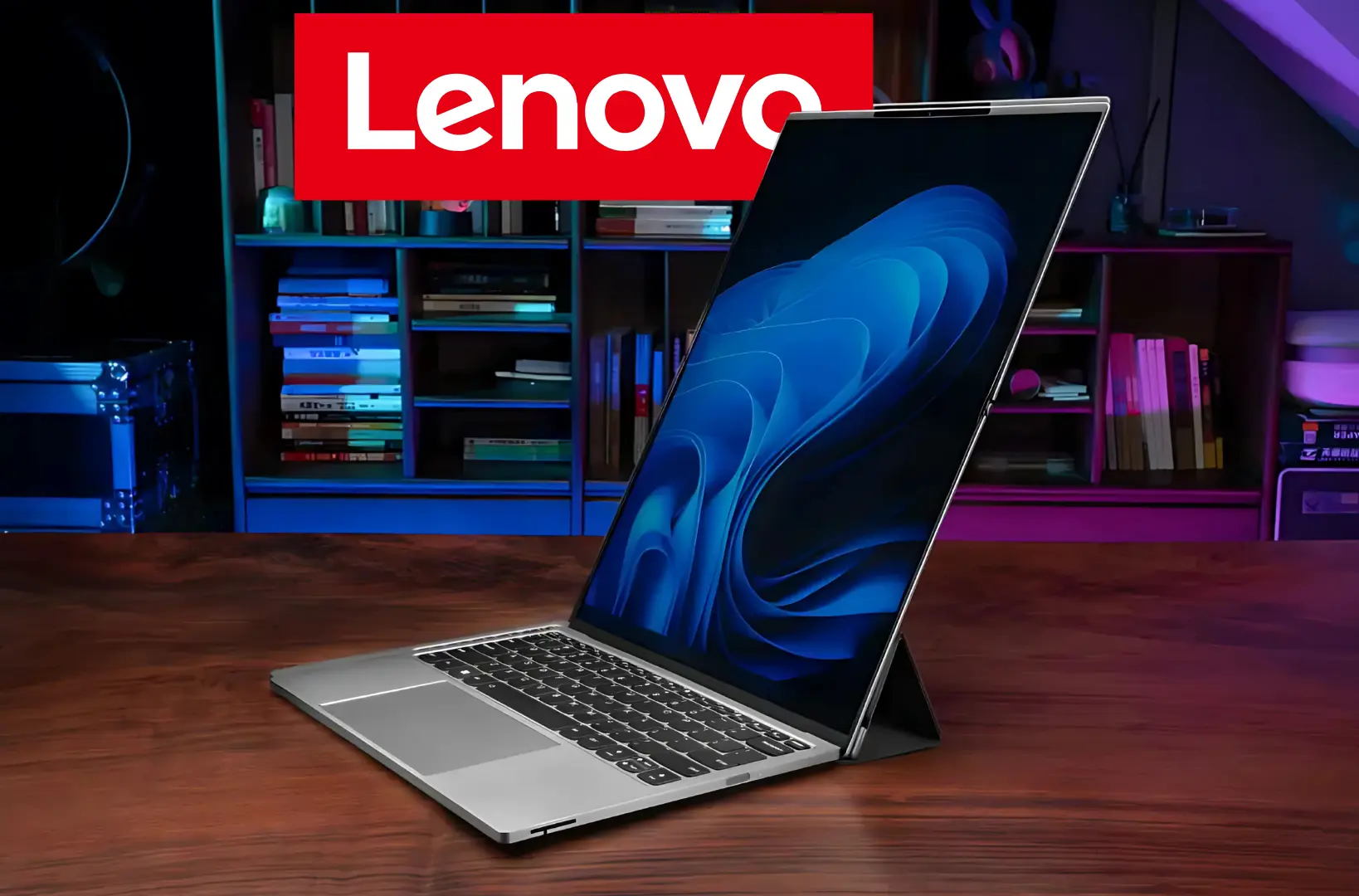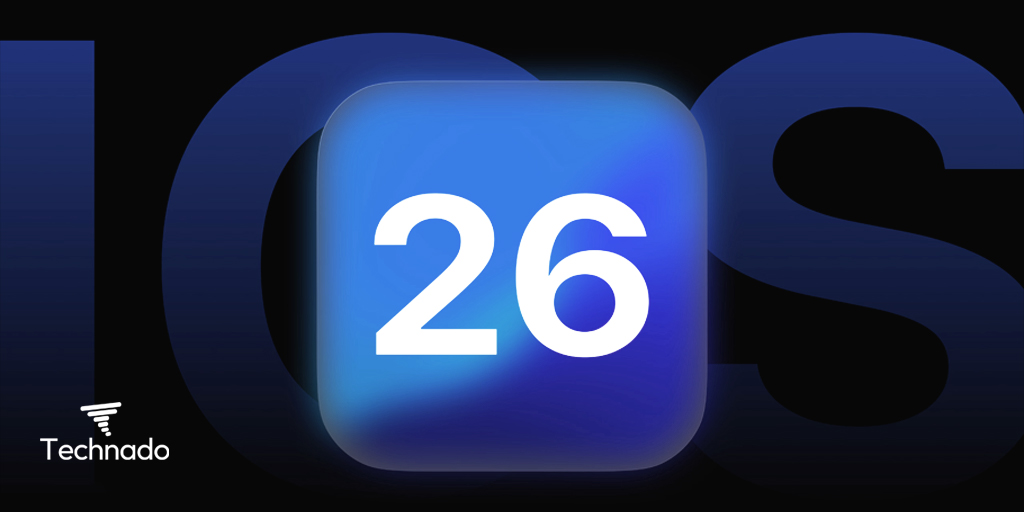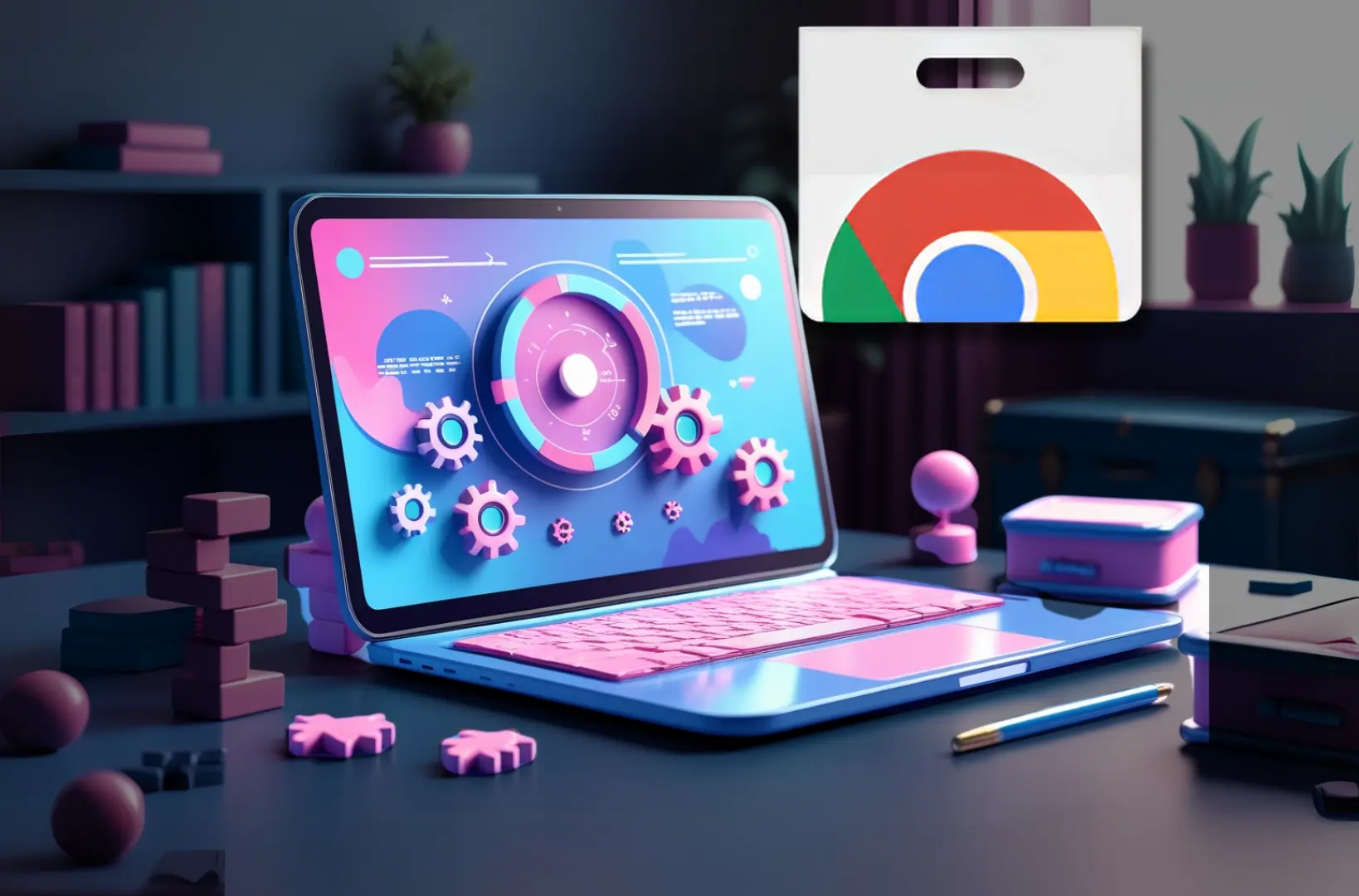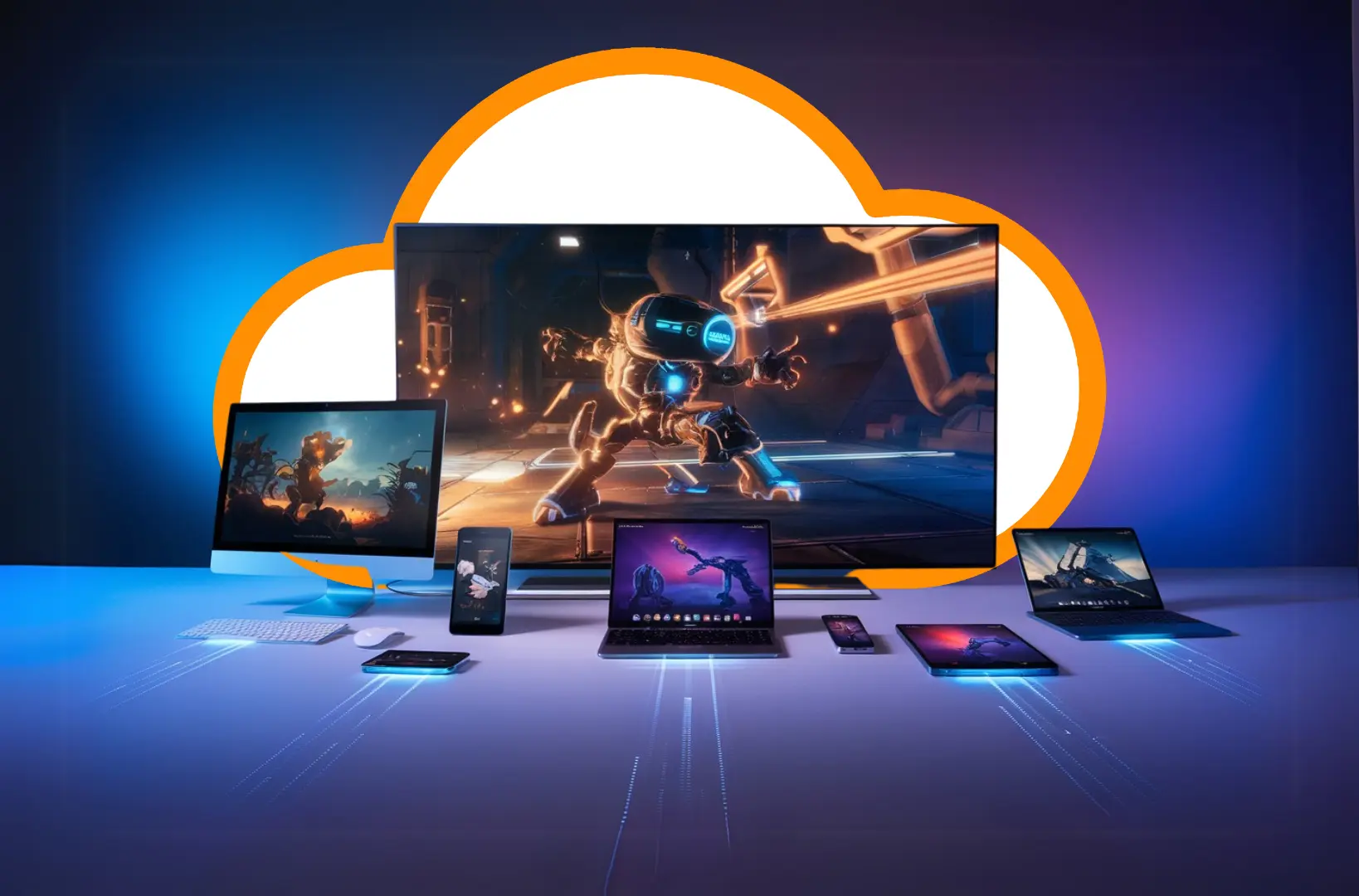Lenovo has once again taken center stage in the world of laptop innovation with its latest concept, the ThinkBook Flip AI PC, which was unveiled at the Mobile World Congress (MWC) 2025. Known for pushing the boundaries of what’s possible in personal computing, Lenovo has introduced a flexible OLED screen that can flip and fold, providing users with an unparalleled level of adaptability.
This concept laptop is not just another attempt at making foldable displays work—it introduces five distinct usage modes, making it a truly versatile device for professionals, content creators, and multitaskers alike. Lenovo’s goal is clear: redefine how we use laptops in our daily lives, whether for work, entertainment, or collaboration.
In this blog, we’ll explore:
- What makes the ThinkBook Flip AI PC special
- Its key features and hardware specifications
- The potential impact of foldable laptops on the industry
- Challenges Lenovo may face before turning this into a commercial product
Let’s dive in!
The ThinkBook Flip AI PC: A Closer Look
1. A Laptop That Adapts to You: Five Versatile Modes
The ThinkBook Flip AI PC is not just another laptop—it’s a transformative computing experience. Thanks to its dual-hinge mechanism, the flexible OLED display can be folded and adjusted into multiple modes, making it more dynamic than any laptop before it.
Here’s how these five modes work:
- Clamshell Mode (13.1-inch) – The traditional laptop mode, perfect for everyday tasks like browsing, typing, or running professional software.
- Vertical Mode (18.1-inch) – Expands into a taller portrait-oriented display, making it great for coding, reading long documents, or scrolling through websites.
- Share Mode (Dual Displays: 13.1-inch & 12.9-inch) – Collaborate effortlessly by displaying content on both sides of the laptop—ideal for presentations, meetings, or team discussions.
- Tablet Mode (12.9-inch) – Transforms into a large tablet, offering an immersive touchscreen experience for creative professionals, designers, and note-takers.
- Read Mode (12.9-inch) – Optimized for distraction-free reading, providing a comfortable way to consume eBooks, articles, or reports.
This level of adaptability makes the ThinkBook Flip AI PC a one-of-a-kind device, catering to multiple use cases without compromising on portability or functionality.
2. Cutting-Edge Hardware and AI-Powered Enhancements
While its foldable display is its most eye-catching feature, Lenovo didn’t hold back on the internal specs either.
The ThinkBook Flip AI PC is powered by:
- Intel Core Ultra 7 processor – Ensuring top-tier performance for multitasking and professional applications.
- 32GB of LPDDR5X RAM – Providing seamless performance, even when handling demanding workloads.
- PCIe SSD storage – Lightning-fast read/write speeds for quick boot times and app responsiveness.
- Thunderbolt 4 ports – Ensuring high-speed data transfers and connectivity with multiple accessories.
- Built-in fingerprint reader – A secure and convenient way to unlock your device.
- Smart ForcePad – A three-layer illuminated touchpad that integrates numeric keys, media controls, and shortcuts for a better navigation experience.
Additionally, Lenovo has incorporated AI-powered optimisations into the device. While specific AI features haven’t been fully detailed yet, AI integration is expected to assist in:
- Task automation – Predicting user needs and automating repetitive tasks.
- Battery life optimisation – Adjusting settings in real-time to extend power efficiency.
- Performance tuning – Dynamically allocating resources based on workloads and usage patterns.
This makes the ThinkBook Flip AI PC not just a futuristic foldable laptop but also an intelligent one.
A Step Forward in Foldable Laptop Technology
Foldable screens have been a major area of experimentation in the tech industry, with varying degrees of success. Lenovo itself has previously experimented with foldable laptops, most notably with the ThinkPad X1 Fold series and the rollable ThinkBook Plus Gen 6.
However, these early versions faced several challenges, including:
- Durability concerns – Foldable screens are more fragile than traditional displays.
- Software limitations – Many operating systems aren’t fully optimized for foldable screens.
- High pricing – Early foldable laptops were extremely expensive, making them inaccessible to mainstream consumers.
With the ThinkBook Flip AI PC, Lenovo aims to fix these pain points and bring a refined, commercially viable foldable laptop to market. If successful, this could mark a turning point for flexible OLED technology in personal computing.
Are Foldable Laptops the Future of Computing?
The concept of foldable laptops has gained significant traction in recent years, but the question remains:
Will they become mainstream, or are they just a niche innovation?
The Case for Foldable Laptops:
- More screen, less bulk – Users can carry larger displays without increasing the size of their laptop bags.
- Better multitasking – Foldable screens provide dual-display functionality in a single device.
- Enhanced user experience – Content creators, designers, and business professionals can adapt the device to their workflow needs.
The Challenges Ahead:
- Durability issues – Foldable screens still have mechanical weaknesses that need to be addressed.
- Software adaptation – Windows and third-party apps must improve their foldable-screen compatibility.
- Cost factor – Until manufacturing costs decrease, foldable laptops will remain expensive for the average consumer.
While these challenges remain, it’s clear that major tech companies like Lenovo, Samsung, and Asus are betting big on foldable display technology. If Lenovo successfully refines this concept, it could be a major milestone in laptop evolution.
Final Thoughts: Should You Be Excited?
The Lenovo ThinkBook Flip AI PC is an ambitious and groundbreaking concept that shows us what the future of laptops could look like. It introduces:
- A unique five-mode folding display for unmatched versatility
- Powerful AI-driven hardware for optimal performance
- Cutting-edge design that combines form and function
However, as with all concept devices, we need to be cautiously optimistic. Lenovo has yet to announce pricing, availability, or durability tests, meaning that this could take years before becoming a fully market-ready product.
Still, if Lenovo succeeds, the ThinkBook Flip AI PC could reshape the entire laptop industry and open new doors for innovation in flexible computing.
Would you buy a foldable laptop like this? Let us know your thoughts in the comments!
Suggested Reads:
Zeekr 007: Sub-10-Minute EV Charging with Golden Battery
Startup Tech Stack 2025: Your Ultimate Guide
Frontend Developer Roadmap 2025: Your Complete Guide

Burhan Ahmad is a Senior Content Editor at Technado, with a strong focus on tech, software development, cybersecurity, and digital marketing. He has previously contributed to leading digital platforms, delivering insightful content in these areas.








